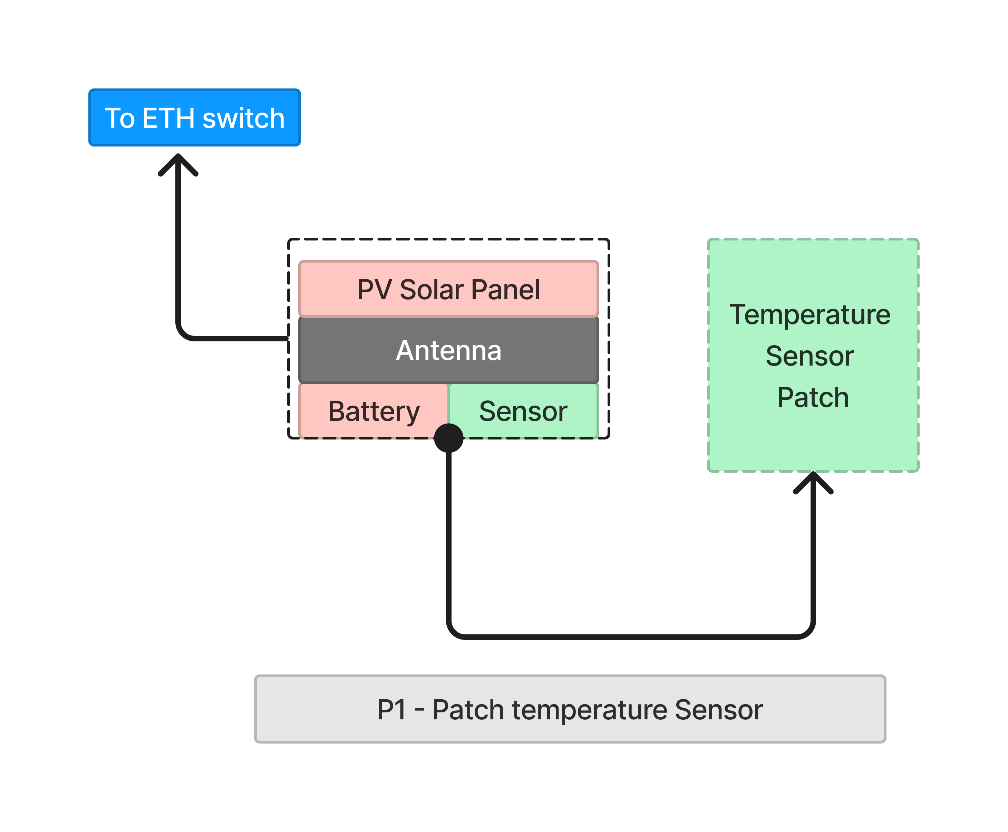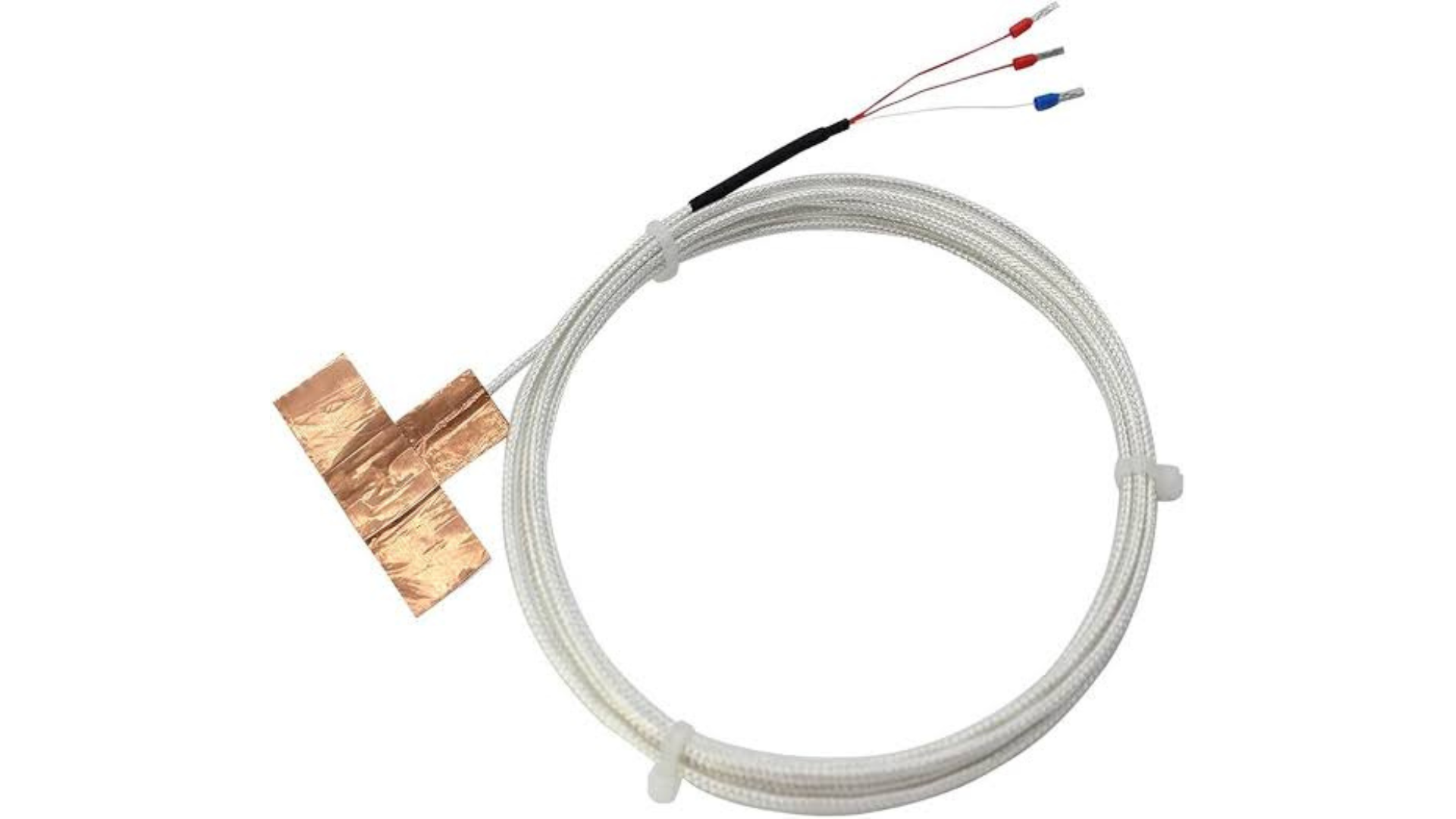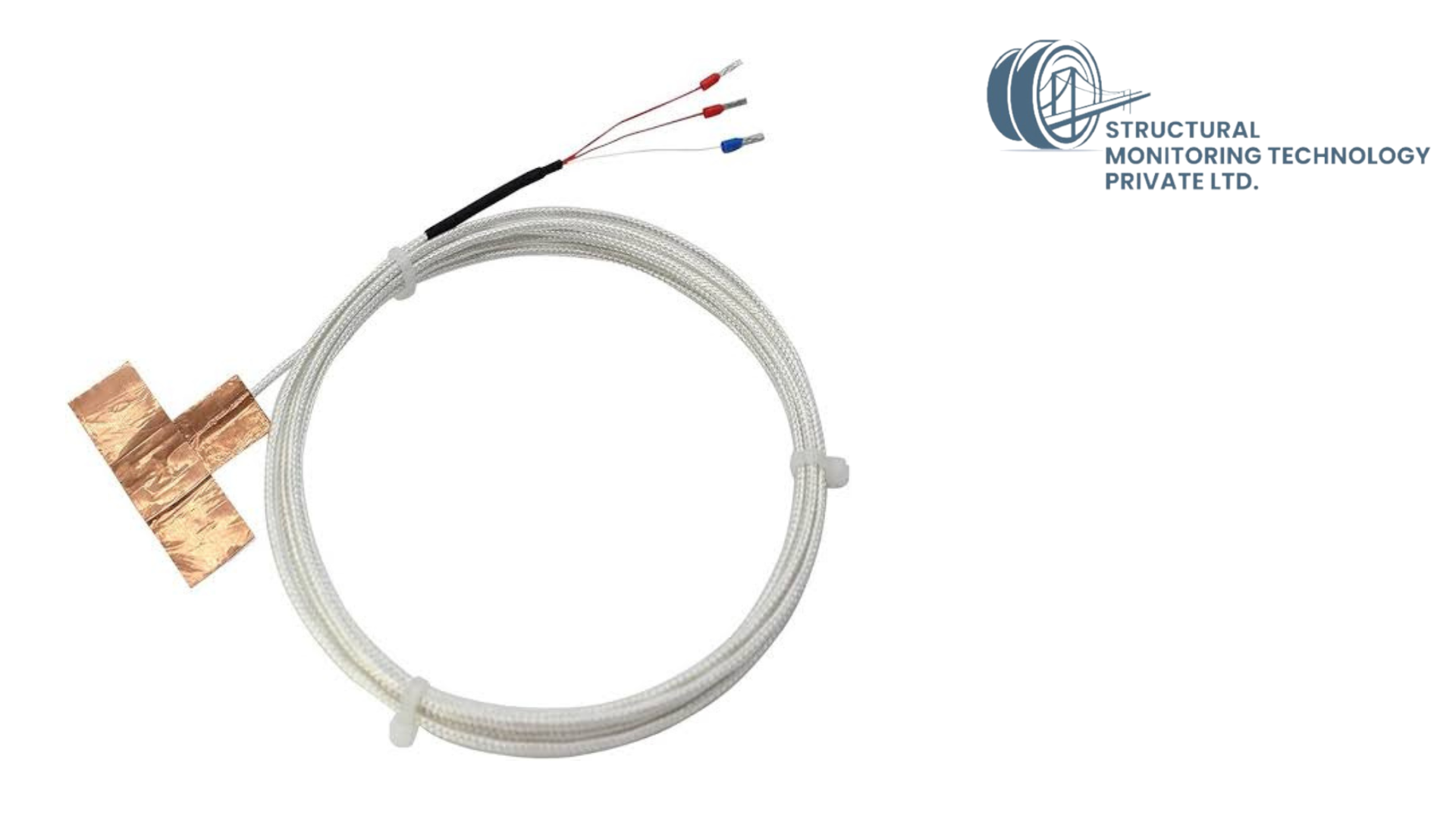Patch Temperature Sensor
Structure Monitoring Technology Private Ltd, Koregaon park, Pune, Maharashtra, India
Patch-type temperature sensors are sophisticated devices designed for precise temperature monitoring
of predefined surfaces. These sensors are ingeniously embedded within flexible patches, ensuring
seamless adherence to the targeted surface, whether it's a road, a building facade, or any other
structure requiring temperature monitoring. The flexibility of these patches allows them to conform
to the contours of the surface, ensuring accurate temperature readings even on irregular or curved
surfaces.
The design of these sensor-equipped patches can be customized to meet specific length requirements,
making them adaptable to various applications and surface sizes. This flexibility enables their
deployment in diverse environments, ranging from small-scale installations to extensive
infrastructure projects.
In addition to the temperature sensor itself, these patches incorporate several other components to
enhance their functionality and versatility. One notable addition is the integration of photovoltaic
(PV) solar components, which harness solar energy to power the sensor system. This renewable energy
source ensures continuous operation of the sensors without the need for external power sources,
making them self-sustaining and environmentally friendly.
Furthermore, a battery is included in the sensor assembly to store excess energy generated by the
solar panels, ensuring uninterrupted operation even during periods of low sunlight or at night. This
battery backup system enhances the reliability of the sensor network, providing continuous data
collection and transmission capabilities.
Ethernet connectivity and a communication gateway are integrated into the sensor assembly to
facilitate seamless data transfer and remote monitoring capabilities. This enables real-time
monitoring of temperature data collected by the sensors, allowing for proactive maintenance and
response to temperature fluctuations or anomalies.
The data collected by these sensors is transmitted to a roadside receiver for further processing and
analysis. This receiver serves as a central hub for aggregating and analyzing temperature data from
multiple sensor patches installed across a network of surfaces. Advanced analytics and algorithms
can be applied to this data to identify trends, patterns, and potential areas of concern, enabling
informed decision-making and proactive maintenance strategies.


In summary, patch-type temperature sensors offer a comprehensive solution for precise temperature monitoring of surfaces in various environments. Their flexible design, renewable energy integration, and advanced communication capabilities make them invaluable tools for infrastructure monitoring, environmental management, and safety enhancement applications.
